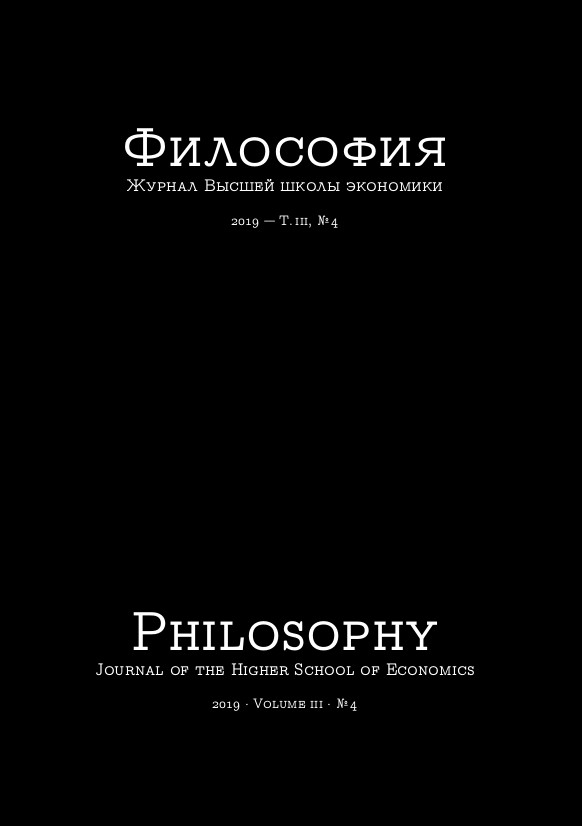“The Recognition of Human Nature as a Supreme Law”
Leo Tolstoy and Fyodor Dostoevsky in Opposition to an Intellectual Trend of Their Times
Abstract
The article is focused on Leo Tolstoy and Fyodor Dostoevsky’s reception of the philosophical ideas of Ludwig Feuerbach. Both writers took it as their existential mission to attempt to respond to the atheistic paradigm that had taken shape in the West in the 1840s, under the influence, among others, of “left-wing Hegelians”. Its creators’ atheistic views were deliberately cast as a natural law intimately linked with social and biological models borrowed from anthropology. The fundamental hypothesis of this piece of research is that two central ideas from German philosophy — (a) the view that religion is a projection of human consciousness, and (b) the concept of anthropotheism, one of whose main components is the maxim homo homini deus est — were reflected in the religious and philosophical inquiry of these two Russian authors, albeit in different forms and “genres”. When it comes to Tolstoy, his diary entries from the final years of his life are of particular importance, as they have an “internal transcendence” in that they capture and reflect upon religious experience in a “dynamic and labile” form. An all-round analysis and a moral and philosophical evaluation of this experience enabled Tolstoy to state that “the divine instinct” is not an anthropomorphism that emerged as the result of man projecting particular expectations onto “the Divine”, but rather an internal need that is inherent in human nature. Dostoevsky, who first encountered Feuerbach’s thought in the circle of Mikhail Butashevich-Petrashevsky, views atheism and anthropotheism as parts of an internally linked nexus of ideas that are subjected to sharp problematisation and polyphonic evaluation in the world of his novels. His overall philosophical stance is that Feuerbach’s ideas are internally contradictory and do not take into account the irrational force of evil in human nature and the existential significance of human freedom in overcoming the same.






